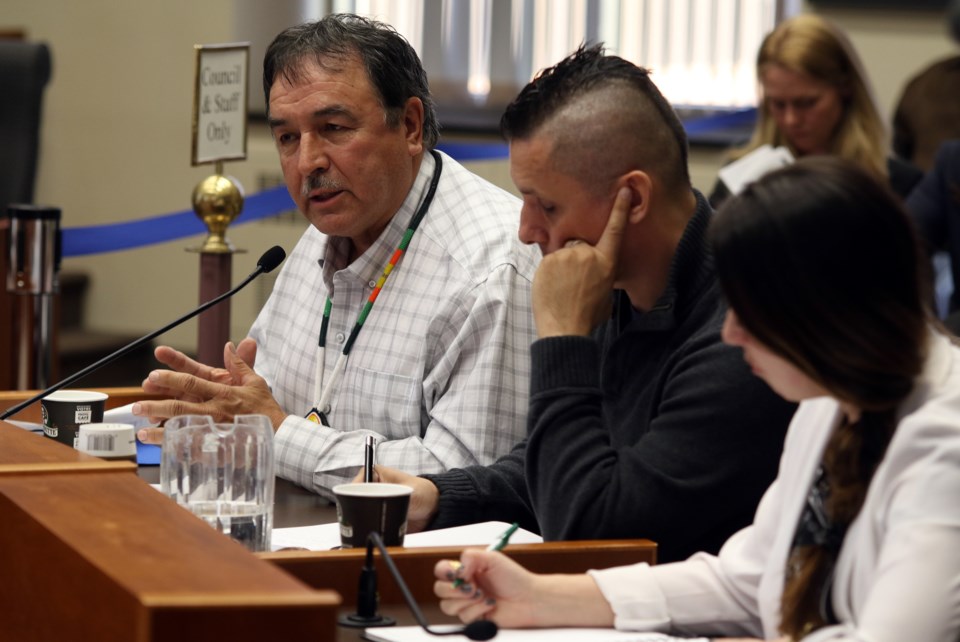THUNDER BAY -- Fort William First Nation is no longer paying municipal taxes on 1,600 acres of land that was expropriated over a century ago and its chief says the city should help repatriate the land to his community.
The First Nation's leadership contends the land was never surrendered and the city has no authority to collect property taxes from its use.
Fort William First Nation Chief Peter Collins made the case in a deputation before city council on Monday. Collins offered to lead an application to the Ministry of Municipal Affairs that would see the lands removed from Thunder Bay's geographic boundaries and deem municipal taxes "not collectable" under the Municipal Act.
The claim spans land to the north of the reserve and southward near Loch Lomond Road, as well as Chippewa Park and Sandy Beach. The federal government settled an 1,132-acre claim in December, paying Fort William First Nation $99 million for the expropriation.
Collins urged city councillors to recognize that ruling and officially return the land to his community.
"We talk about truth and reconciliation, this would be truth and reconciliation to the community of Fort William: returning and taking the tax authority off of that property," Collins said.
The Crown expropriated the land in 1905 for the construction of the Grand Trunk Railroad, conferring it on the city of Fort William. Collins urged council to visualize the hardship imposed on the First Nation's residents at the time, who lost their homes, churches, schools, farmland, and burial sites.
Lacking a resolution, Fort William First Nation has stopped paying property taxes to Thunder Bay.
"The community doesn't have to pay. The community owns the land," Collins said.
"There has been an illegal abeyance for quite some time now so we're hoping this will settle that abeyance and move on."
The city has not taken any legal action to obtain those taxes. Collins said he's hoping the parties can work together to reach a solution and avoid litigation.
"The City of Fort William injected $800,000 to help expropriate land from Fort William First Nation," Collins said. "Think about that. Would you really challenge us?"
